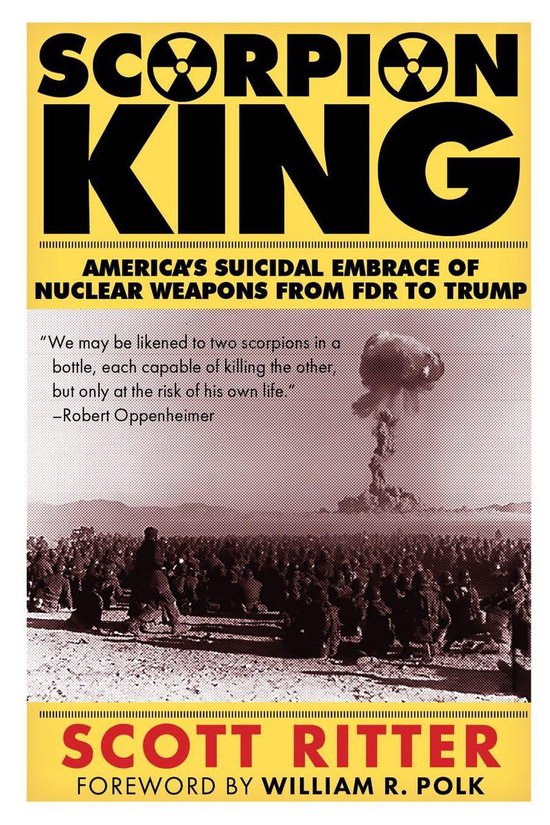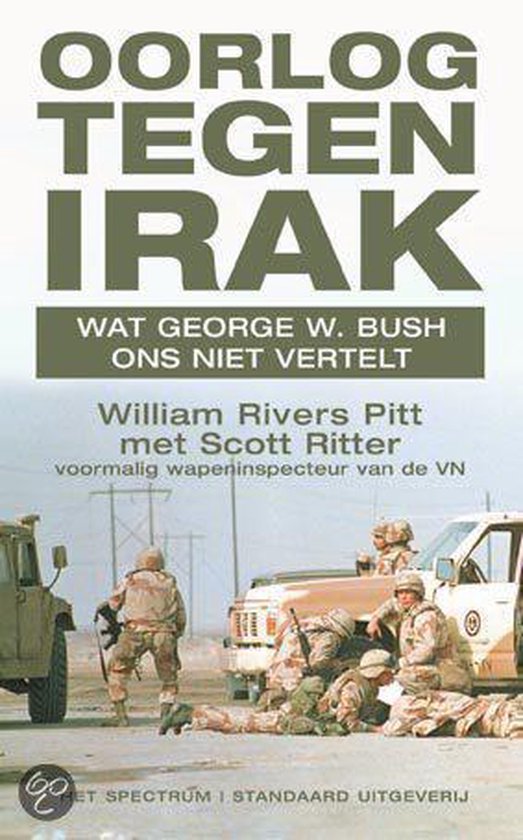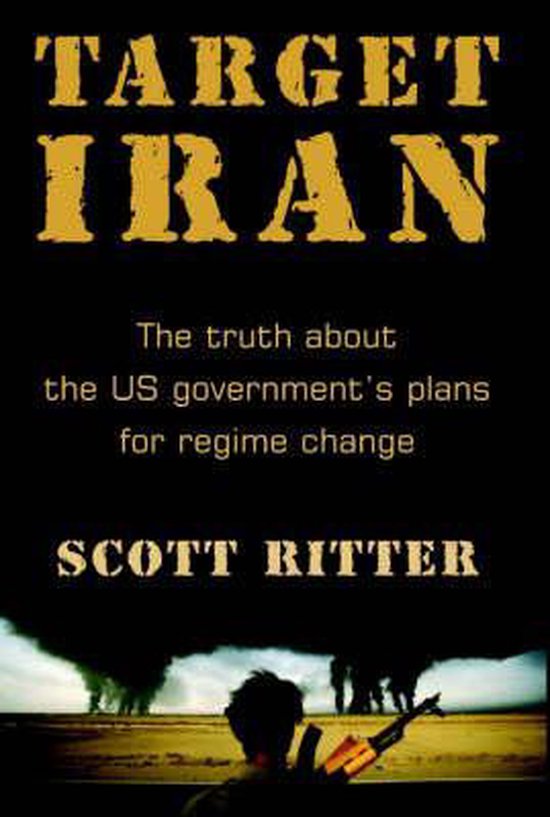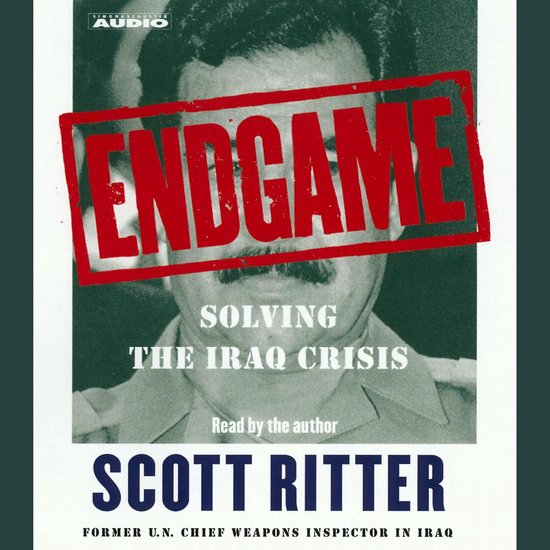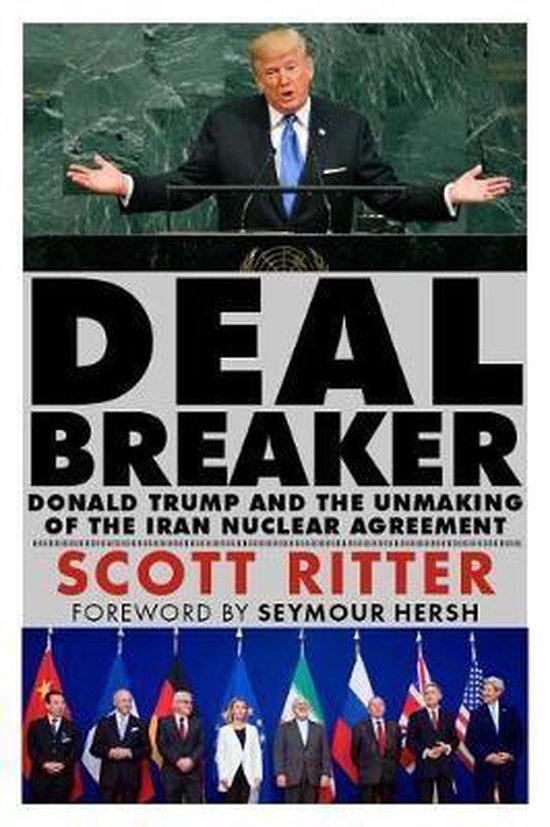
Dealbreaker
The Iran deal was a crowning moment of international diplomacy, allowing the world to step away from the edge of a self-created abyss. Donald Trump's decision to withdraw from this agreement threatens to return the world to that precipice. Dealbreaker recounts how this deal was made, why it was broken, and what the consequences of that action could be. When the United States made the decision in the 1980s to deny Iran access to nuclear technology, Iran was forced to turn to the black market to get the material, technology and know-how required to meet its needs for nuclear power generation, inclusive of the ability to indigenously produce nuclear fuel. The revelation of Iran's secret nuclear program in 2002 set in motion a battle of wills between the Iranians, who viewed nuclear power as their inherent right, and the international community as defined by the United States, Israel and Europe, who feared the proliferation implications of allowing Iran access to technology that could be used to make a nuclear weapon. The United States and Israel pulled no punches, using diplomatic pressure to impose crippling economic sanctions, and cover activities to sow disinformation, sabotage equipment and murder Iranian nuclear scientists in an effort to stop the Iranian nuclear program from going forward. Iran prevailed, confronting the United States with the choice of either going to war, or accepting the reality of an Iranian nuclear program. The Iranian nuclear deal was the result. But the deal had an Achilles heel--the disinformation campaign waged by the United States and Israel to paint the Iranian program as military in nature left a residue of uncertainty and fear that detractors of the deal used to attack it as little more than a sham. Donald Trump decried the Iranian nuclear deal as a failed agreement and promised to tear it up if elected. Proving true to his word, Trump pulled America out of the Iranian nuclear deal on May 12, 2018. Dealabreaker explores the nuances of the Iranian nuclear program, exposing the duplicity and hypocrisy of American diplomacy, supported by Israel and abetted by Europe, that led to the need for the Iranian nuclear deal, and eventually caused the demise of an agreement that was simultaneously the deal of the century and fatally flawed .
| Auteur | | Scott Ritter |
| Taal | | Engels |
| Type | | Paperback |
| Categorie | | Mens & Maatschappij |
